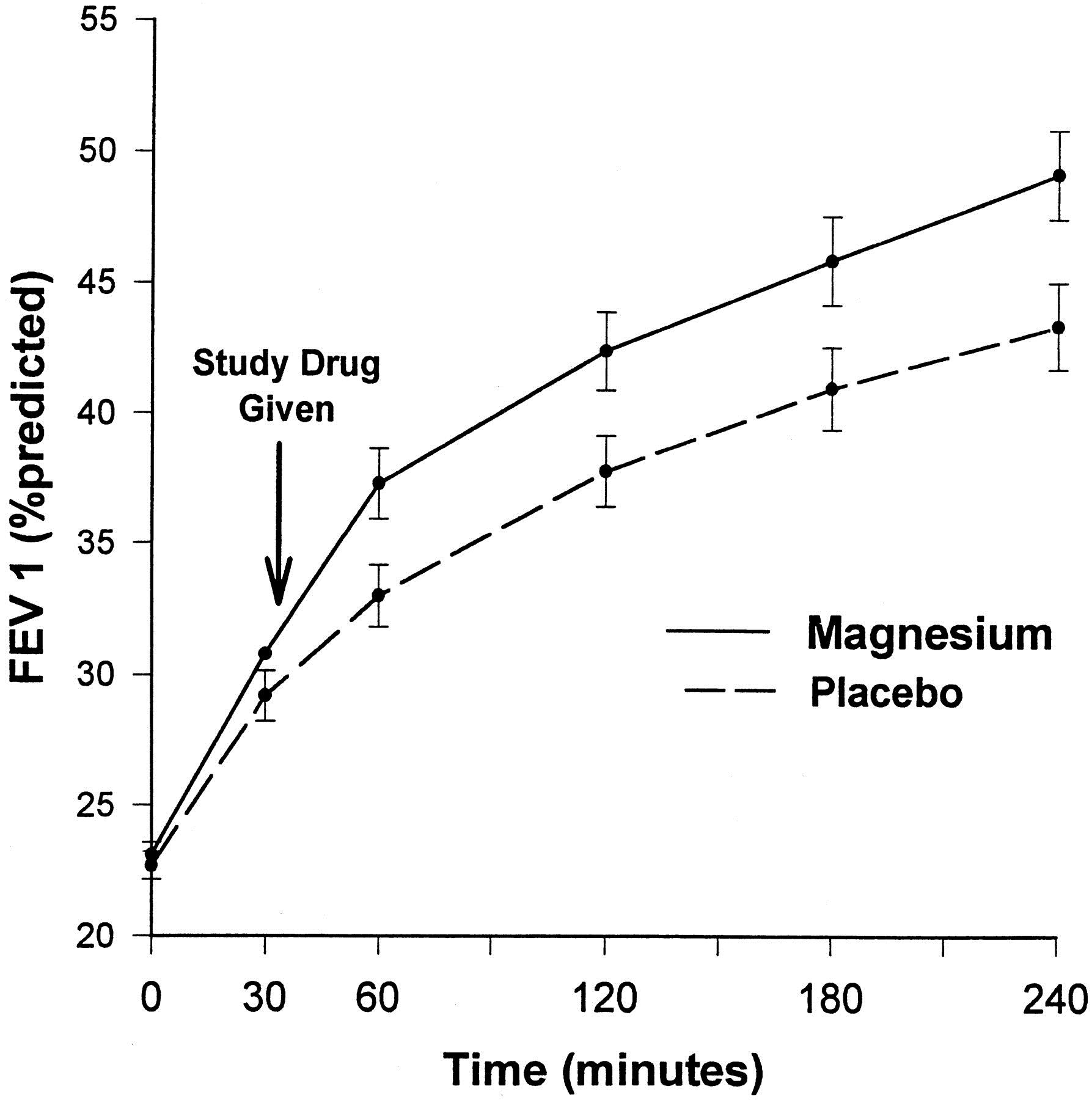Supplements for Pregnancy


*Always consult your midwife or doctor with questions about supplements, dosage, and other concerns. The supplement world is overwhelming and it is so hard to look at the shelves and figure out what to purchase. I’ve broken it down for you, well at least with the information that I have found!
- These are the supplements I take while pregnant: (I have low iron, so that is always on my supplement list)
- Prenatal Vitamin with Folate (not folic acid)
- Omega 3s
- Fermented Cod Liver Oil
- Vitamin D
- Probiotics
- Magnesium
- B Vitamins
- Iodine
- Chlorella
- Iron
Prenatal Vitamins with FOLATE
A high quality prenatal vitamin should be taken daily for as long as you are in your childbearing years. A prenatal multivitamin is basically an insurance policy to make sure you are meeting your daily vitamin needs to maintain a healthy pregnancy. But quality is of utmost importance.
Why Folate and not Folic Acid?
-
Folate: Read labels and make sure that you are taking a prenatal that contains a methyl folate, not the synthetic version: folic acid. Folate is a general term for a group of water soluble b-vitamins, and is also known as B9. Folic acid refers to the oxidized synthetic compound used in dietary supplements and food fortification, whereas folate refers to the various tetrahydrofolate derivatives naturally found in food. Folic Acid is linked to:
- Anemia
- Incidence and recurrence of Neural Tube Defects (serious birth defects of the spinal cord and the brain which arise during the early development of the embryo, most common being spina bifida)
- Increased risk of certain cancers
- Elevated Homocysteine, a risk factor for cardiovascular disease, stroke and many other health conditions
- Tongue and Lip Tie in infants
- Aids the complete development of red blood cells
- Supports the nervous system
- Prevents neural tube defects in newborns
Omega 3s and Healthy Fats
It's important to realize that your body cannot form omega-3 fats, so a fetus must obtain all of its omega-3 fats from his mother's diet. Hence, a mother's dietary intake and plasma concentrations of DHA directly influence the DHA status of the developing fetus, which can impact your child's brain development. Researchers are now also linking inadequate intake of omega-3 fats in pregnant women to increased risk of preeclampsia, premature birth and low birth weight, and to hyperactivity in children; and new studies show that Omega 3 intake while pregnant can lower the chances of childhood allergies and benefit the visual and cognitive development.
Omega-3 in fish and seafood is high in two fatty acids crucial to human health, DHA and EPA. These two fatty acids are pivotal in preventing heart disease, cancer, and many other diseases. Your brain is also highly dependent on DHA -- low DHA levels have been linked to depression, schizophrenia, memory loss, and a higher risk of developing Alzheimer's. Approximately 60 percent of the human brain is composed of fatty material 25 percent of that material is DHA. Since humans cannot produce it, they must consume it. Studies show that the DHA levels of women in America today are comparable to that of women in Third World countries.
Most Americans’ diets are seriously lacking in omega-3 fats. Women tend to become further depleted during pregnancy, as the fetus uses omega-3s for nervous system development. After birth, omega-3s are again used to make breast milk, and for women on their second or third pregnancy, levels may be extremely low. The major source of dietary omega-3 is fish, and most fish that is commercially available (even wild-caught varieties) are polluted with mercury, PCBs and other toxic substances.
If you can find a source of lab-verified clean and pure fish, then this would be your best source of omega-3. But for those of you who can’t (the vast majority of us), a supplement is the next best option.
DHA found in Breastmilk: DHA has received glowing recommendations from the World Health Organization, the Food and Agricultural Organization of the United Nations and the National Institutes of Health. During the last trimester of a pregnancy is when the mother transfers to her fetus much of the DHA needed for the development of its brain and nervous system. The DHA content in the mother's diet reflects in the amount of DHA passed on to the baby. If the baby is not breastfed at all, it receives no DHA, thus hindering and impairing mental and visual acuity. DHA levels of premature infants are especially low since they miss much of that last trimester.
Fermented Cod Liver Oil
Fermented Cod Liver Oil helps balance out your Omega ratios, provides necessary fats for baby’s brain development, and guards against inflammation. It also seems to make recovery after delivery go much faster (probably due to the anti-inflammatory properties.) The high vitamin butter oil is obtained from cows eating rapidly growing green grass, and contains Activator X, as discovered by Weston A. Price. Not only is this superb for baby’s development, but there is some information showing that it helps get baby’s vitamin levels (especially Vitamin K) after birth.
Vitamin D
It is VERY important to have your vitamin D levels checked in pregnancy. We know today that levels need to be above 50 ng/ml to protect you and your baby from some of the most serious complications of pregnancy such as premature delivery, preeclampsia, and reduce the risk of diseases such as infantile hypocalcaemia and rickets. Maintaining optimal vitamin D levels is easily one of the most important strategies pregnant women need to implement to keep both themselves and their new babies healthy.
- Mothers who took 4,000 IU's (ten times the RDA of 400 IU) of vitamin D during pregnancy had their risk of premature birth reduced by half
- Premature babies born to women taking high doses of vitamin D were reduced by half at both 32 and 37 weeks
- There were also fewer babies who were born "small for dates"
- Women taking high doses of vitamin D had a 25 percent reduction in infections, particularly respiratory infections such as colds and flu, as well as fewer infections of the vagina and the gums
- The "core morbidities of pregnancy" were reduced by 30 percent in the women who took the high-dose vitamin D. (Including diabetes, high blood pressure, and pre-eclampsia -- a potentially deadly increase in blood pressure and fluid accompanied by low platelets)
- Babies getting the highest amounts of vitamin D after birth had fewer colds and less eczema
Probiotics
80% of your immune system is located in your digestive tract, making a healthy gut a major focal point if you want to achieve optimal health. The root of many health problems is related to an imbalance of intestinal bacteria, and this foundation of good health is laid even while in utero. Without a well-functioning gastrointestinal (GI) tract, a newborn baby will be more vulnerable to pathogens, allergens, and a number of immune-related diseases, so getting an infant's gut up and running efficiently is crucial. Probiotics have been found to:- Promote a healthy digestive system
- Benefit in treating irritable bowel syndrome and Crones disease
- Strengthen the immune system
- Treat urinary tract infections
- Help in the prevention and management of atopic dermatitis (eczema) in children
- Prevent food allergies in children
- Probiotics reduce risk for preeclampsia: Preeclampsia is the number one reason for maternal death in the United States. Probiotics help to reduce inflammation in the intestines, which is believed to lower blood pressure.
- Probiotic intake during the first trimester helps lose postpartum weight faster.
- Probiotics helps digestion and nutrient absorption: Probiotics help to break down proteins, carbs and fats and converts the fiber into healthy fatty acids that nourish the cells that lines the intestinal wall. This can help reduce gas, bloating, heartburn and constipation. When the intestines are sealed (aka leaky gut syndrome) the better our bodies absorb the nutrients from the foods we consume. The more nourishment moms get, the more the baby gets, too. Probiotics also help the intestines make short-chain fatty acids, which contribute to the overall health of the body.
- Probiotics can help reduce the risk for postpartum depression: Preliminary research is finding the importance that taking probiotics can alter the neurotransmitters in the gut, boosting the ability to deal and cope with anxiety and depression.
Magnesium
Severe magnesium deficiency can lead to poor fetal growth, preeclampsia, or even fetal death. Proper magnesium levels also help mom’s tissue growth and recovery during pregnancy and may help baby receive more nutrition through the placenta. It is very difficult to get enough magnesium from food sources anymore, so we typically recommend magnesium oil (a rub, salve, or lotion) on the skin, magnesium flake foot soak, or Natural Calm in the evening before bed. In total, a pregnant woman shouldn’t exceed 500 mg from all sources unless severely deficient.
Magnesium plays a role in early pregnancy as well as in pregnancy success. Magnesium supplementation prevented an increase in diastolic blood pressure during the last weeks of pregnancy. The relation between diastolic blood pressure and urinary excretion of magnesium suggests that magnesium is involved in the regulation of blood pressure and that the increase in diastolic blood pressure in pregnancy could be due to a lack of magnesium.
(More reasons to include magnesium)
B Vitamins
http://articles.mercola.com/sites/articles/archive/2002/01/30/vitamin-b12-a.aspx During pregnancy, B12 is actively transported by the placenta to the fetus, which can reduce the mother's stores of B12 if she has no B12 in her diet. Studies have shown that colostrum and/or milk during the first week of life contains larger amounts of B12 (as much as 2421 pg/ml) than later milk If the mother is B12 deficient during pregnancy, the baby may have low B12 and some have developed clinical signs of deficiency as young as 2 months of age. Vitamin B6 can aid in alleviating morning sickness. Taking a B-Complex Vitamin will cover all your B Vitamins in one.
(More information on B Vitamins)
(Interesting research on relationship of B12 and Folate status and Autism)
Iodine
“Beginning in early gestation, maternal thyroid hormone production normally increases by approximately 50% in response to increased levels of serum thyroxine-binding globulin (resulting from the increase in estrogen levels) and because of stimulation of thyrotropin (TSH) receptors by human chorionic gonadotropin. The placenta is a rich source of the type 3 inner ring deiodinase, which enhances the degradation of thyroxine (T4) to bioinactive reverse triiodothyronine (T3).”
In other words: Thyroid hormone demand increases, which requires an adequate iodine supply that is obtained primarily from the diet and/or as supplemental iodine. In addition, fetal thyroid hormone production increases during the second half of pregnancy, further contributing to increased maternal iodine requirements because iodide readily crosses the placenta. Iodine is a vitally important nutrient that is detected in every organ and tissue in your body. Along with being essential for healthy thyroid function and efficient metabolism, there is increasing evidence that low iodine is related to numerous diseases, including cancer. Iodine might also severely affect your child's brain and intellectual prowess, as it is important for healthy brain development. New research now suggests an iodine supplement during pregnancy might help to boost children's IQ scores.
Iodine May Boost Children's IQ and Lead to Economic Benefits.
“Research published in 2013 showed that mild iodine deficiency during pregnancy lead to decreased intellect in children. Those born to mothers with low iodine in early pregnancy had lower IQs at age 8, by an average of three points, compared to those born to mothers with healthy iodine levels. The children of low iodine mothers also had worse reading ability at age 9. Building on this research, the latest study revealed that if all women took iodine supplements before conception, during pregnancy, and while breastfeeding, children's IQ scores would be raised by an average of 1.22 points.”
Guidelines for daily dietary iodine intake:
| Institute | Nonpregnant Nonlactating Adolescents and Adults (μg) | Pregnant Women (μg) | Lactating Women (μg) |
| Institute of Medicine48 | 150 | 220 | 290 |
| WHO, UNICEF, ICCIDD15 | 150 | 250 | 250 |
| Endocrine Society89 | — | 250 | 250 |
Chlorella
Anemia, proteinuria and edema in pregnant women—Pregnancy-induced hypertension and anemia are common, and potentially dangerous. One of the primary causes for these conditions is the woman’s nutritional status. A study published last year found that chlorella may help improve both of these conditions in pregnant women, likely due to its high folate, B12 and iron content.
Iron
Make sure to have your iron levels tested during pregnancy, as iron deficiency can cause problems for both mother and baby. Prenatal supplementation with daily iron is effective to reduce the risk of low birthweight, and to prevent maternal anemia and iron deficiency in pregnancy. If you have too little iron, you may experience fatigue, decreased immunity or iron-deficiency anemia, which can be serious if left untreated.
Featured Articles
Bringing Your Newborn to the Party
Holiday Hosting While Pregnant
A Heartfelt Holiday Keepsake: Recording a Pet’s Heartbeat


























